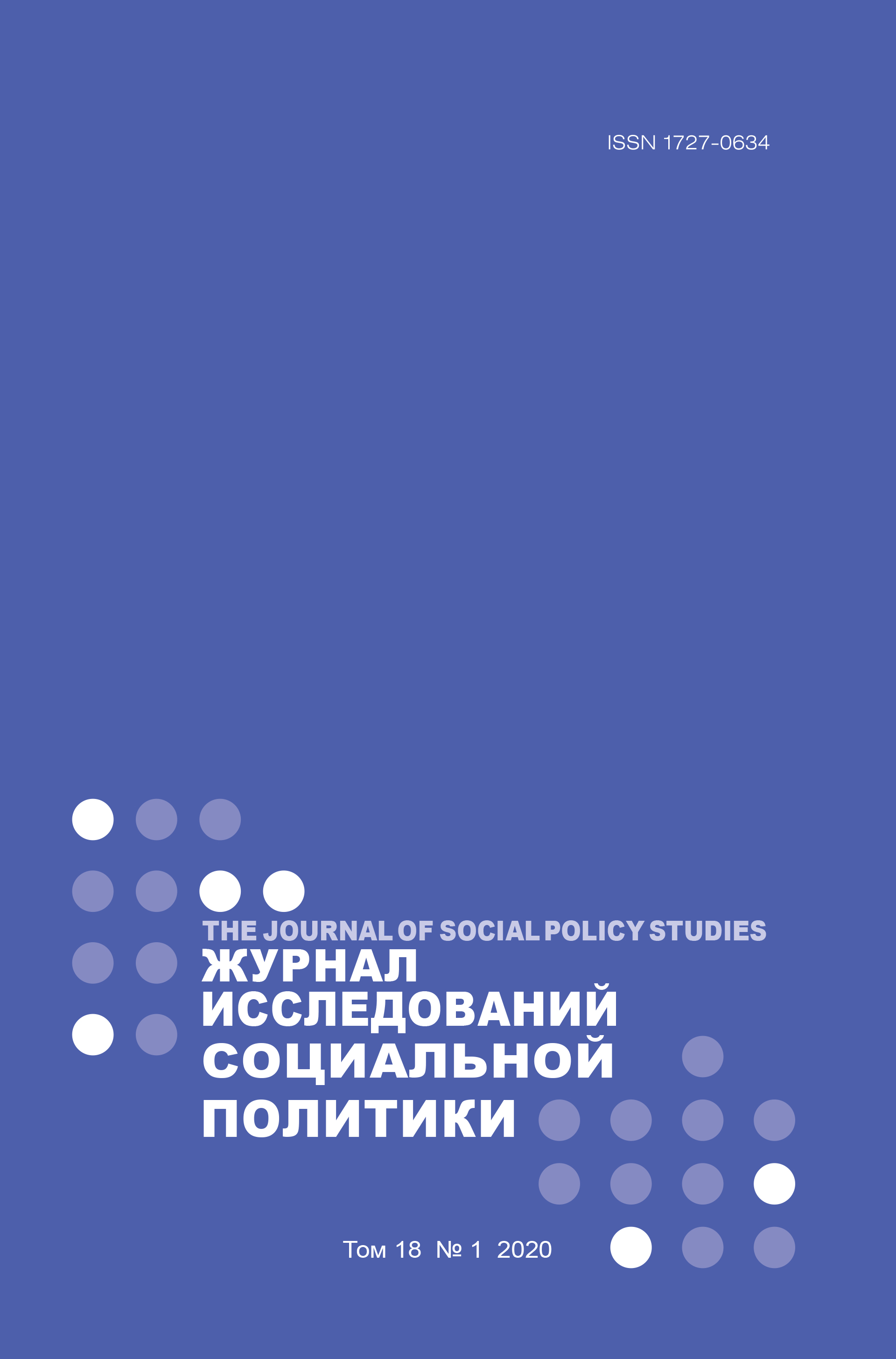Social Safety Net Programmes and its Impact on Livelihood: A Case Study of Bangladesh
Abstract
Bangladesh has been implementing social safety net programmes (SSNP) to protect vulnerable groups of people. Old Age Allowance (OAA) and Allowances for the Widows, Deserted & Destitute (AWDD) are two unconditional cash transfer programmes under the SSNP for vulnerable old age people and women, respectively. The impact of these programmes are examined in two upazilas (sub-districts) of the poorest district of Kurigram: Roumari upazila, which is comparatively better off, and Rajibpur upazila, which is the poorest. Natural disasters and remoteness are the reasons for this region’s vulnerability. In-depth interviews were conducted with twenty recipients to understand the implications of the allowance’s’ impact on their livelihoods. The findings reveal that the allowance contributes to necessary food consumption and acts as a coping mechanism during natural shocks. However, asset building and resource diversification are important to ensuring a sustainable livelihood. A small cash transfer is not enough for recipients to save and diversify their income growth. The allowance has minimal or no impact on the mediation of other capital assets like access to natural resources or social capital. Working-age recipients rely heavily on agricultural-based activities, but they do not own the land they farm. SSNP does not offer suitable cultivation practices, such as training that could fortify living capabilities or, sufficient resources to encourage career development. Additionally, a number of the beneficiaries are beyond working age. Aside from various factors like malpractice and usury, cash transfer systems have an adverse impact on OAA / AWDD, which reduces the value of allowances. The allowances from SSNPs provides a minimum support for survival but not enough to generate income and asset building capabilities. Hence, it is hard for beneficiaries to achieve a sustainable livelihood.















